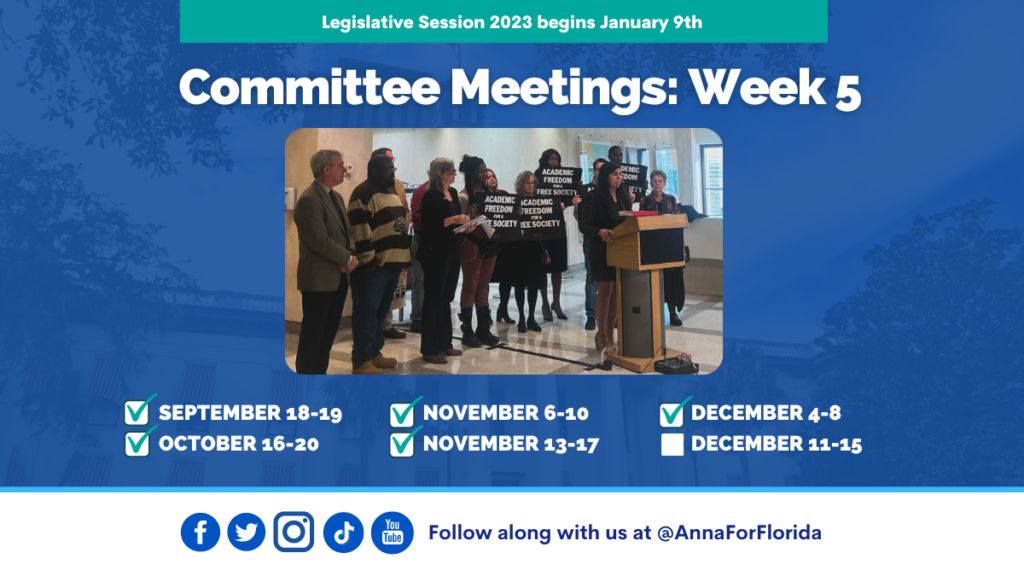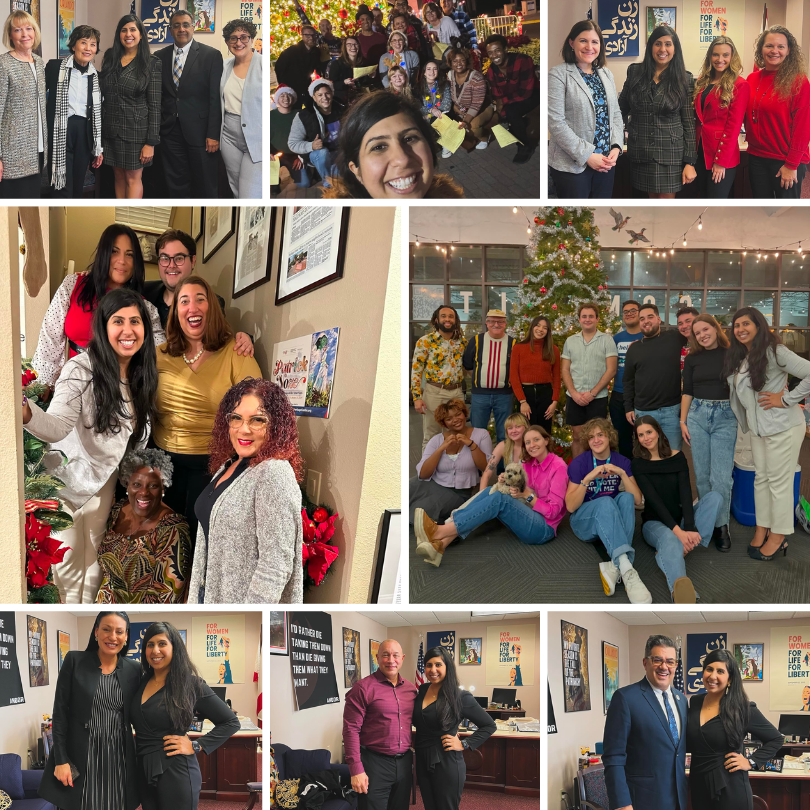Dear Friend,
We just wrapped up the second-to-last week of committee hearings ahead of the 2024 Legislative Session.
The pace is picking up in Tallahassee now that the start of session is so close. Last week alone, we saw the governor reveal a recommended budget for next year; the Senate unveil a proposed healthcare reform package; and the House propose an epically awful bill that would slash pay for thousands of workers across Florida while also making it much harder for local communities to do anything about it.
You can find more details on those issues and many more in the update below.
In the meantime, I’m already back in the Capitol for the sixth and final week of committee hearings. This really is it y’all: The 60-day session basically begins immediately after the holidays; it will run from Jan. 9 to March 7.
We’ve got a lot of work to do on important issues like helping Florida families navigate our state’s property insurance and housing affordability crises; protecting access to abortion and expanding healthcare coverage to more families; and defending the academic freedom of our public schools, colleges and universities.
As always, I encourage you to follow us on Facebook, Twitter, Instagram, and YouTube to get alerts and updates in real-time, too.
There are some big battles ahead; we need all hands on deck.
Onward,
Rep. Eskamani

Ron DeSantis rolls out a budget with millions for migrant trafficking and lawyers (and pennies for homeowners)
Gov. Ron DeSantis took a quick break from his failing presidential campaign last week to unveil a $114.4 billion budget for fiscal year 2024-25.
I’m sorry to say, but this is not a serious proposal. For instance, DeSantis bragged that he was being fiscally conservative by reducing spending from the current year’s budget, which is about $117 billion. That was a straight lie: The governor used a bunch of accounting gimmicks to stuff a bunch of extra spending into the current fiscal year, which ends in June, just so could claim he was cutting spending in 2024-25.
The DeSantis plan is also full of terrible ideas. He wants to eliminate 1,000 jobs. He wants to spend millions more on a human trafficking operation flying migrants from the southern border to northern states – exploiting vulnerable people just to score political points. And he wants to give even more money to his friends at high-priced law firms, including $1 million to sue the College Football Playoff Committee for snubbing Florida State.
The governor made a big deal about proposing a tax cut that would reduce the cost of homeowners insurance for Floridians. But that governor’s plan is a joke: It would reduce the cost of insurance by 5 percent at most – at a time when insurance companies are raising many people’s premiums by 50 percent or more. And the vast majority of Floridians would save less than 5 percent; most folks would likely save closer to 3 percent or less.
This isn’t serious reform. It’s a desperate stunt by a desperate politician whose only goal is to fool people into thinking he’s doing something to help them with our state’s insurance crisis.
We can do better than that. We MUST do better than that.
The Florida Senate has a new plan for healthcare – but it’s missing something important
Florida Senate President Kathleen Passidomo rolled out a major healthcare proposal for the 2024 legislative session, a package that Passidomo calls her “Live Healthy” plan.
The package includes legislation meant to increase the number of healthcare providers, expand medical education and improve access to preventative care.
Unfortunately, it does not include the most impactful and cost-effective healthcare reform that Florida could adopt – the expansion of Medicaid under the Affordable Care Act, which would extend health insurance to hundreds of thousands of low- and middle-income Floridians, reduce congestion in emergency rooms, and address Florida’s shameful ranking as one of the worst states in the entire country for health insurance.
You can read more about the Senate plan here: Florida Senate wants to expand health care access but not Medicaid (Orlando Sentinel)
The Florida House goes on the attack…against Florida workers
Unfortunately, we saw a really bad bill for Florida’s workers filed last week.
It’s a new version of House Bill 433, which was already bad. The original bill would stopped local governments in Florida from passing any laws to provide basic heat protections – like access to cold drinking water and occasional breaks in the shade – for folks like construction workers, farm workers and others who work in extreme heat.
This preemption, which is being pushed by the construction and agriculture industries, comes as local leaders in Miami-Dade County are working on a new heat-protection ordinance – which is becoming a more important issue as our climate keeps getting hotter.
But a new “Proposed Committee Substitute” for the legislation would do even more damage. It would also eliminate all local living wage laws in Florida, laws in which cities and counties require their contractors to pay a higher wage to their employees. The staff analysis for the bill been even points out that this would “prevent workers from earning a wage that allows them to live in the area that they work.”
And that’s not at all. The new version of the bill would even prevent communities across Florida from passing any local laws that attempt to regulate any “conditions of employment” at all. This would make it impossible for cities and counties to help workers secure things like maternity leave or predictable schedules. It could even wipe out existing local laws that prevent discrimination or that help workers whose wages have been stolen by their employer.
This is a truly terrible bill, even by the standards of the current Florida Legislature. It will be heard Wednesday by the House Regulatory Reform & Economic Development Subcommittee. The meeting starts at 1:30 p.m.
An update on the effort to weaken Florida’s child-labor laws
At that same meeting, the House’s Regulatory Reform & Economic Development Subcommittee will also consider House Bill 49, a bill that would weaken decades-old child-labor protections.
The Florida Policy Institute organized a webinar on the bill last week. You can watch that here.
FPI has also prepared a letter to send to legislators urging them to oppose the bill, which you can find here.
Monique Worrell fights back
The Florida Supreme Court heard oral arguments last week in a case brought by Orange-Osceola County State Attorney Monique Worrell, alleging that Gov. Ron DeSantis abused his power when he suspended Worrell from office in August. Worrell was independently elected by the voters of central Florida.
You can watch the Supreme Court hearing here.
Meanwhile, it looks like some of the “evidence” DeSantis cited when he removed Worrell was completely bogus.
Read more here: A question of evidence: Did deposed Orange-Osceola state attorney deserve blame for failed drug trafficking cases? (Orlando Sentinel)
Rep. Eskamani Speaks in Support of Academic Freedom
I was proud to join AAUP as they released a new detailed report that features interviews with 65+ Florida academic voices outlining the attacks by Governor Ron DeSantis on higher education in Florida. Here are my remarks.
DeSantis appointees press forward with plans to pave a toll road through Split Oak Forest
Despite intense opposition from central Florida residents, the Florida Fish & Wildlife Conservation Commission voted last week to continue moving forward with a plan to pave a toll road through the Split Oak Forest nature preserve.
The battle isn’t done yet, though. Fish & Wildlife commissioners, who are appointed by Gov. Ron DeSantis, are expected to take one final vote in February on the road, which is being built largely to help real-estate developer Tavistock build a giant new subdivision in eastern Orange and Osceola counties.
Read more here: State agency keeps Split Oak road discussions moving forward (WMFE)
OnePulse owes taxpayers at least $394,000
I’ve been working to secure the return of any unspent money remaining from roughly $1.2 million in taxpayer-funded grants that were provided by the state to OnePulse for a memorial to honor the lives lost at Pulse.
I contacted the Department of State to confirm if this money has been spent and if it can be returned. DOS responded last week with a letter to OnePulse that outlines how approximately $394,000 must be repaid from in initial $500,000 grant awarded in the 2019-20 state budget.
I’ve also requested an update on an additional $680,000 grant that was given to OnePulse in the 2020-21 state budget.
You can learn more about the issue here: Florida Department of State says onePULSE owes $394,000 (WESH)
Electric vehicles, taxes and transportation infrastructure
I serve on the House Transportation & Modals Subcommittee. And one of the issues we’re grappling with right now is how to reconcile our traditional model for funding transportation infrastructure, which relies on gas taxes, with the rise of hybrid and electric vehicles, which use little gas – or none at all.
We heard a bill last week (House Bill 107) that would have tried solve this by imposing $200 annual license fees on electric and hybrid plug-in cars. I was very concerned that amount was too high, not based on any rationale calculation, and would discourage people from buying electric vehicles – which are an important part of reducing greenhouse gas emissions and slowing climate change.
Fortunately, our committee agreed to change the bill. Instead of forcing a big license fee on electric vehicle owners, the bill would now have state economists estimate how much sales tax is generated on the sale of electricity used to power electric vehicles – and then we’re going to move that money into the state’s transportation trust fund, which pays for infrastructure investments. We’d do that for the next two years, and then use that time to also conduct an in-depth, evidence-based study on how best to solve this problem long-term.
The bill still has two more committee stops – and I serve on both of them. So we’ll be working on this a lot more as the session progresses.
SunRail and Brightline Updates
Last week’s Transportation & Modals meeting also included several presentations on passenger rail in Florida, including updates from the Department of Transportation on SunRail and Brightline on its extension from Orlando to Tampa.
Click here to watch the Transportation & Modals Subcommittee meeting.
Hurricane Idalia’s impact on dairy farms & Update on REACH Act
Two other committees I serve on held meetings last week.
In the Select Committee on Hurricane Resiliency & Recovery, we heard presentations on the impact of Hurricane Idalia to the dairy industry, which included $8 million in damage to 22 dairy farms in North Florida. We also heard from a panel discussing problems with contractor fraud.
Click here to watch that meeting of the Select Committee on Hurricane Resiliency & Recovery.
Meanwhile, in the House Postsecondary Education & Workforce Subcommittee, we held another workshop on the “REACH Act” – which, as I mentioned in our last newsletter, refers to the Reimagining Education and Career Help Act, a pice of legislation that we first passed in 2021 and then updated again last year.
The REACH Act is aimed at improving access to, and coordination among, state agencies and programs that provide workforce-development services.
You can watch the Postsecondary Education & Workforce Subcommittee meeting here.
Some important criminal legal reform starts to move forward
I’m pleased to report that some important – and bipartisan – bills dealing with criminal legal reform are starting to move.
For instance, the Senate Criminal Justice Committee unanimously approved Senate Bill 54, which helps a few more people clear a single offense from their criminal record.
And the Senate Regulated Industries Committee unanimously approved Senate Bill 42, which prevents the licensing boards that oversee barbers and cosmetologists from denying someone a license solely because they once committed a non-violent crime in the past. That bill also requires the boards to recognize and award credit for training barber and cosmetology training programs offered in Florida prisons.
Presentations on Lake Apopka and voting machines
Here are a couple more presentations from last week that you might find interesting:
The House Agriculture & Natural Resources Appropriations Subcommittee heard an update from the St. Johns River Water Management District on the cleanup and restoration of Lake Apopka. (Watch that meeting here.)
And the House Ethics, Elections & Open Government Subcommittee heard a presentation from the Department of State about the certification process for voting machines used in our elections. (Watch that meeting here.)
The week in pictures

